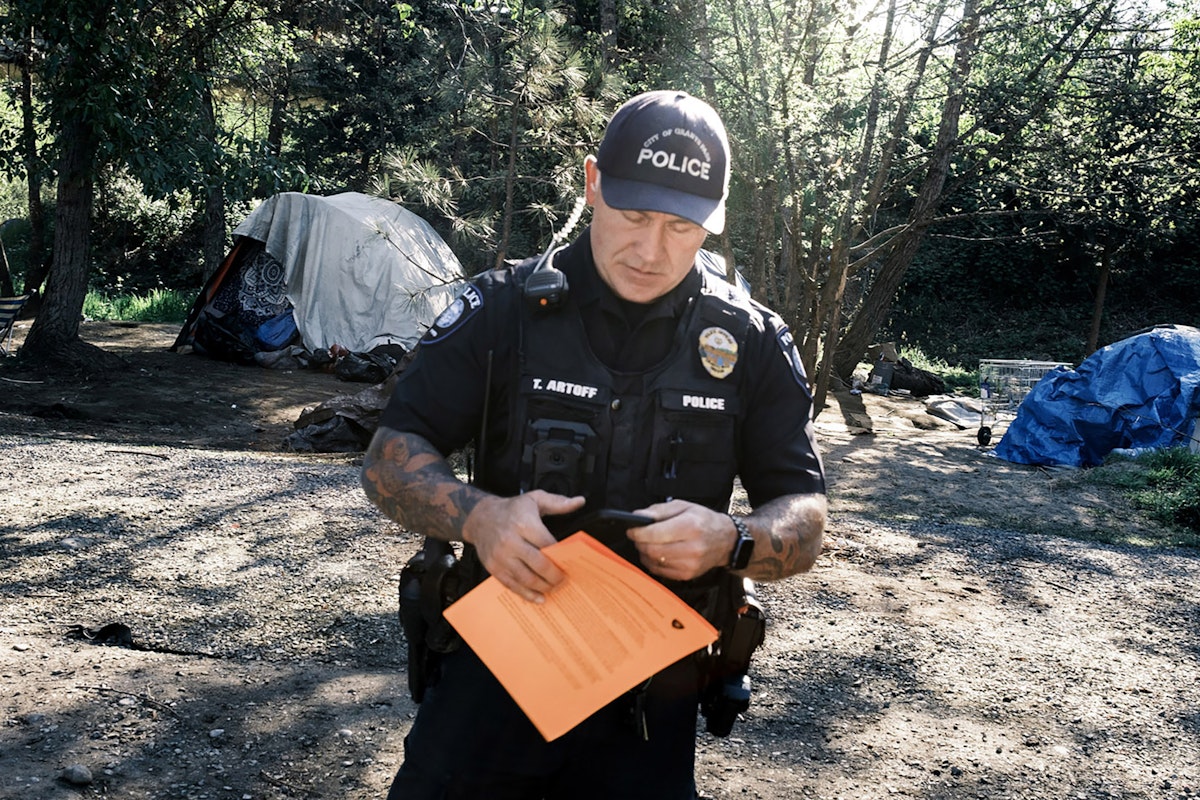The Supreme Court grappled with the constitutionality of ordinances in Grants Pass, Oregon, that prohibit sleeping outdoors in public spaces, potentially violating the Eighth Amendment’s prohibition of cruel and unusual punishment. While justices seemed hesitant to federalize homelessness policies, concerns arose about leaving homeless individuals without legal recourse. Federal courts had previously blocked Grants Pass from enforcing these ordinances, which included sleeping with a blanket as a civil violation.
In the case of the City of Grants Pass v. Johnson, the court’s liberal members questioned the city’s policy, drawing parallels between sleeping in public and basic human needs like breathing. The conservative justices showed reluctance to involve federal courts in local homelessness issues, which could have significant implications for vulnerable populations if laws effectively criminalize homelessness.
The case stems from years of homelessness litigation on the West Coast, notably the Ninth Circuit Court of Appeals ruling in Martin v. City of Boise, which barred states and cities from enforcing anti-camping laws against homeless residents with nowhere else to go. Grants Pass ordinances targeted materials used for sleeping and imposed civil penalties, but failure to pay fines could lead to jail time, prompting challenges based on the Eighth Amendment.
Supreme Court Weighs Eighth Amendment in Homelessness Ordinance Case (Credits: CBS News)
Central to the case is the interpretation of “cruel and unusual punishment.” The Ninth Circuit’s ruling in Martin drew parallels to Robinson v. California, where the Supreme Court struck down a state law criminalizing addiction to narcotics, asserting that punishing conduct inseparable from homelessness violates the Eighth Amendment.
Some justices questioned applying the Robinson precedent broadly, suggesting that homelessness isn’t a status like a drug addiction. However, there were discussions about invoking common-law defenses like necessity, which could mitigate concerns without federal intervention.
The court’s potential resolution leans towards allowing homeless individuals to raise a necessity defense after citation or arrest. However, uncertainty lingers regarding removing the Eighth Amendment entirely from the equation, indicating a possible shift in the majority opinion during the drafting of rulings. The justices have until the end of June to reach a decision on the matter.
